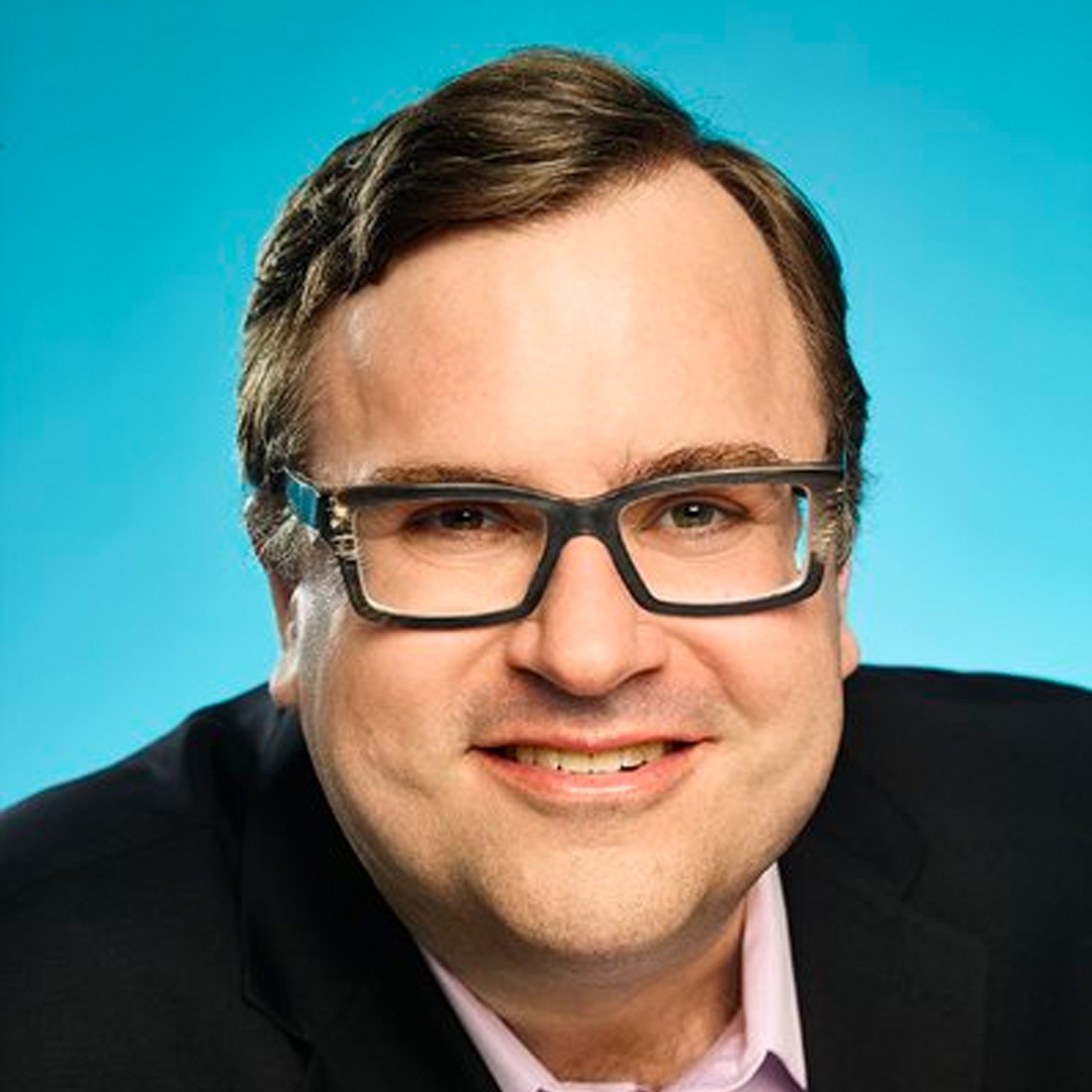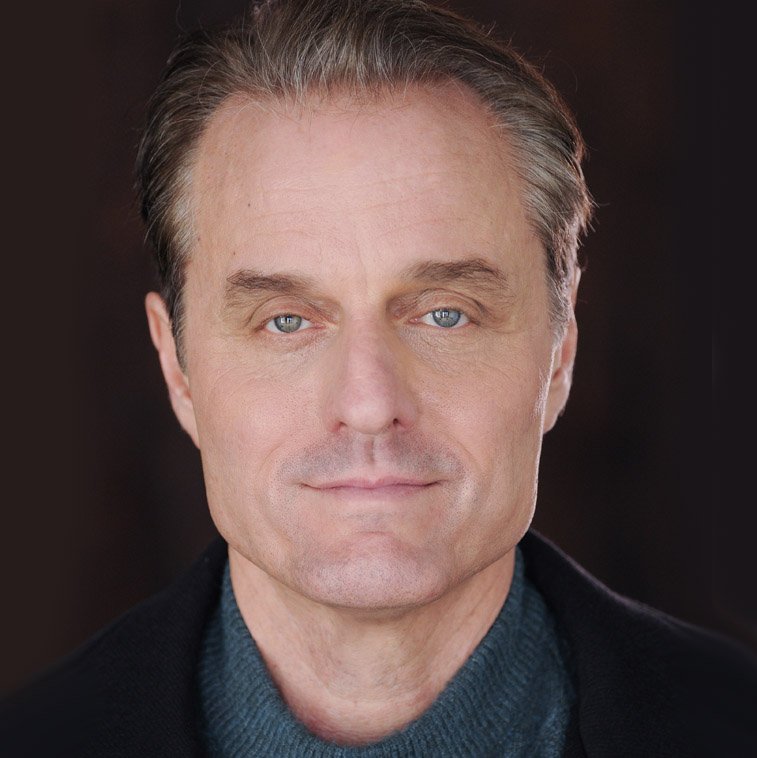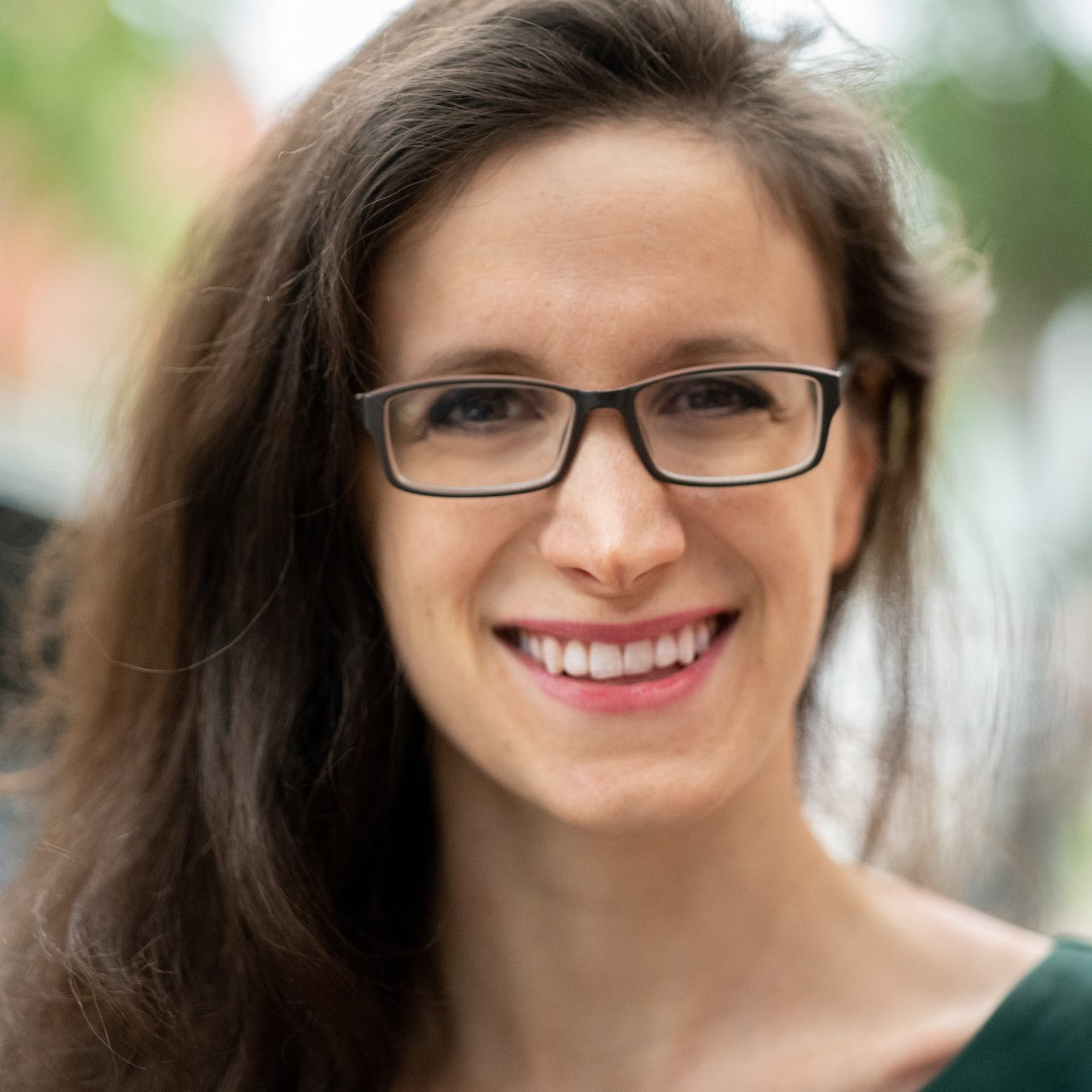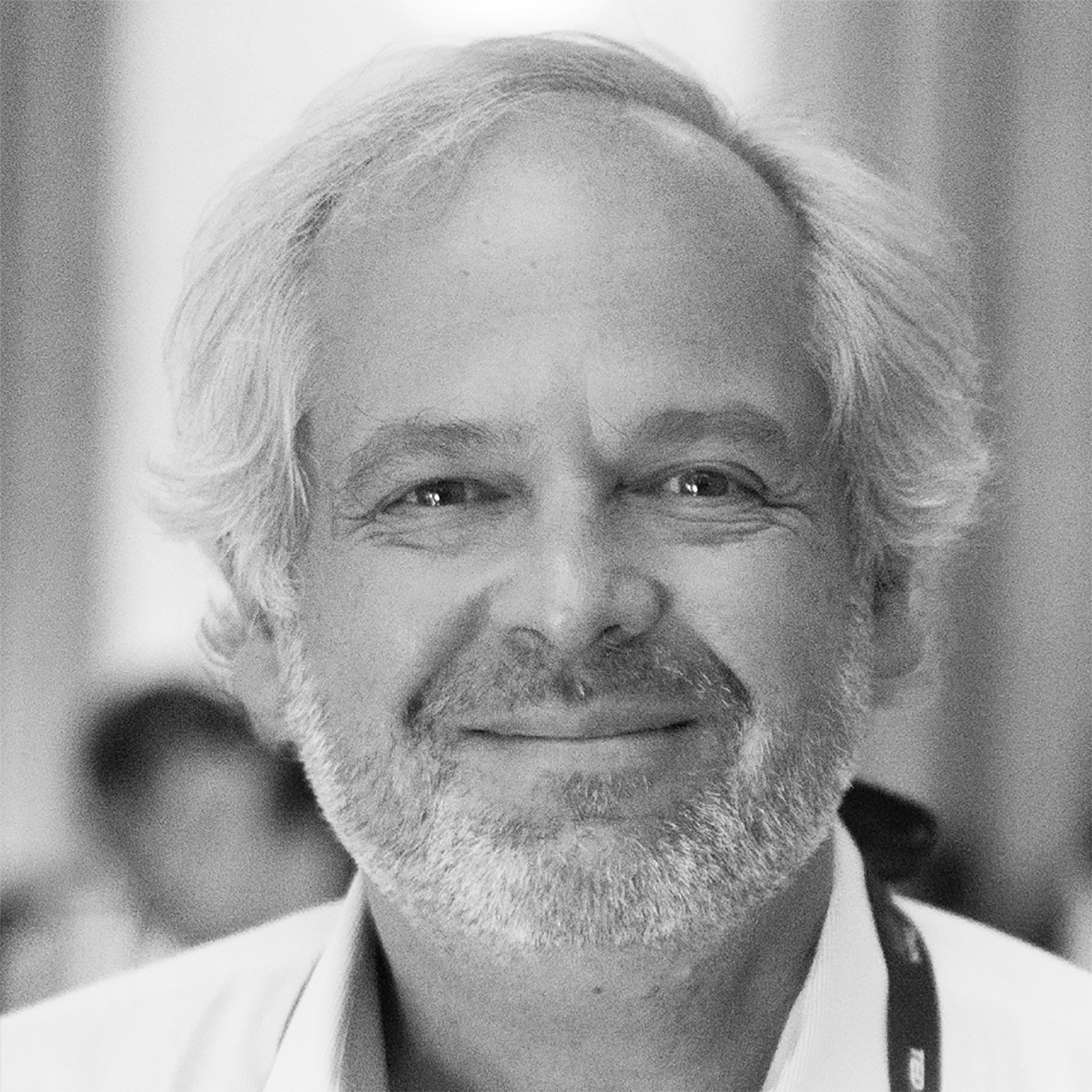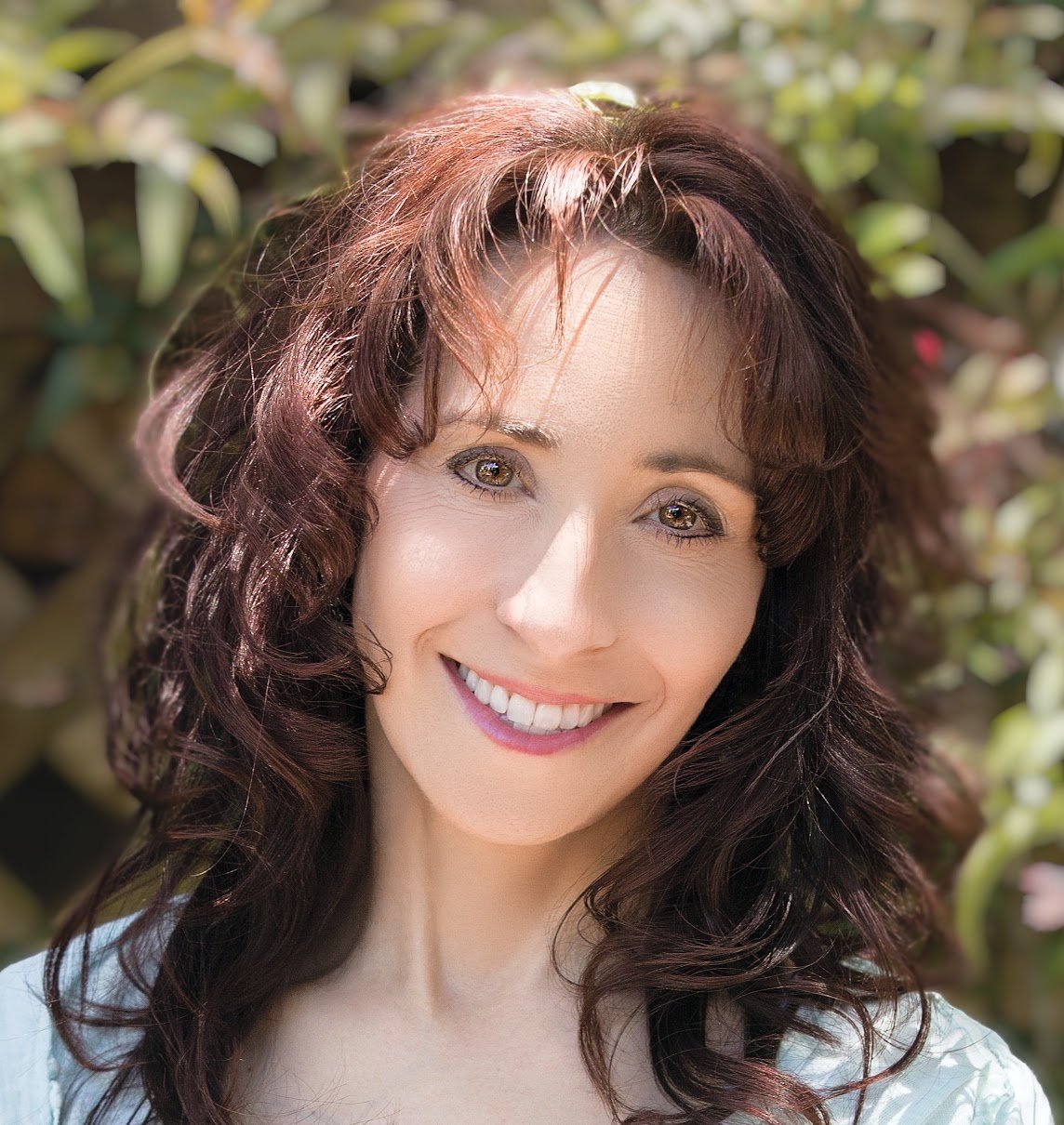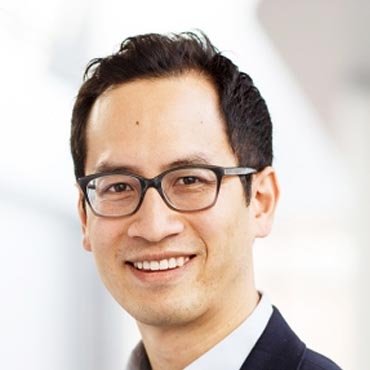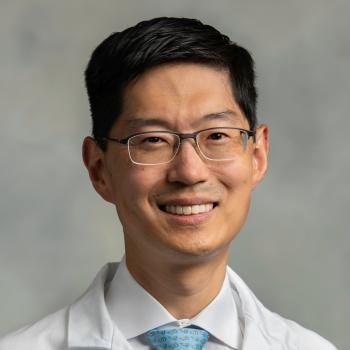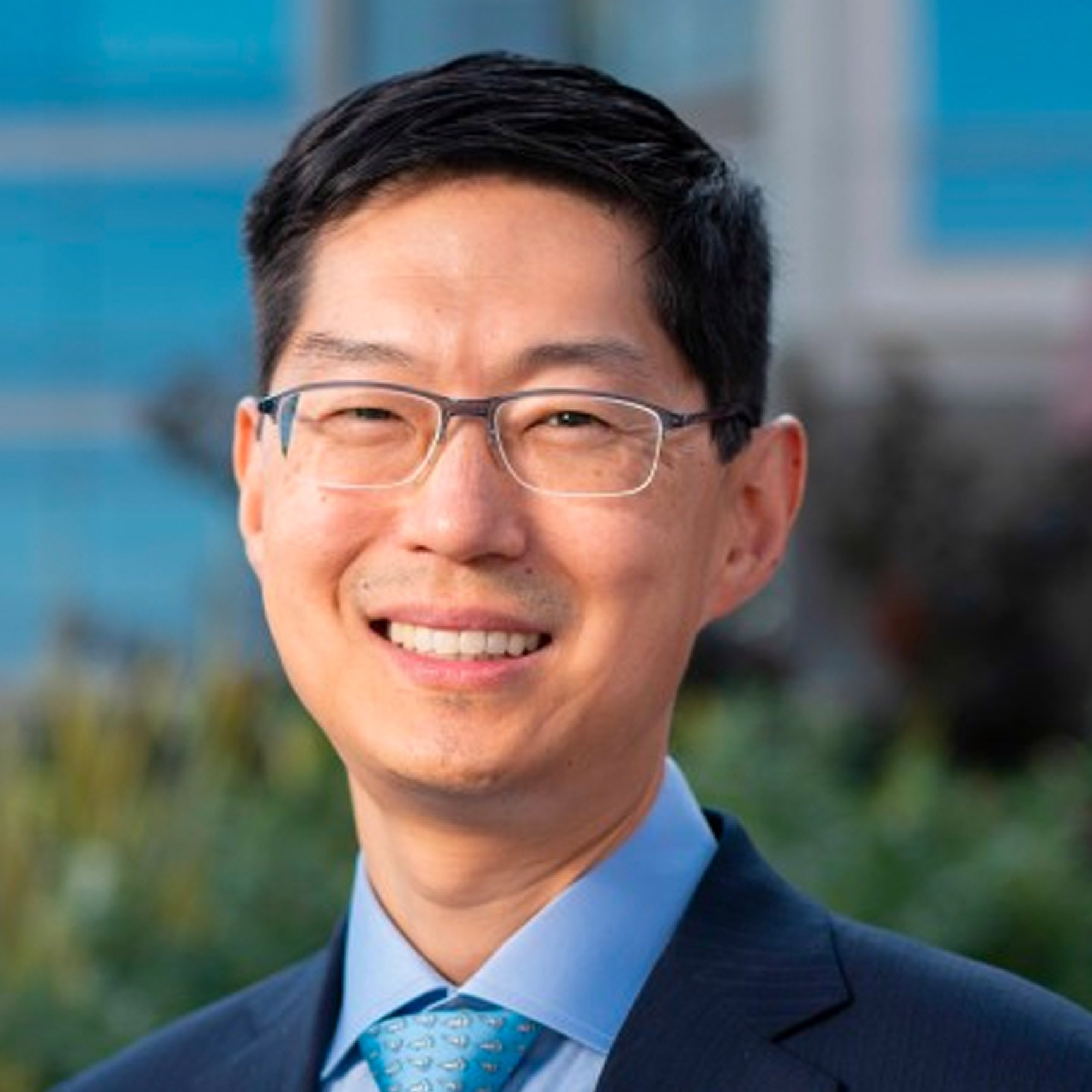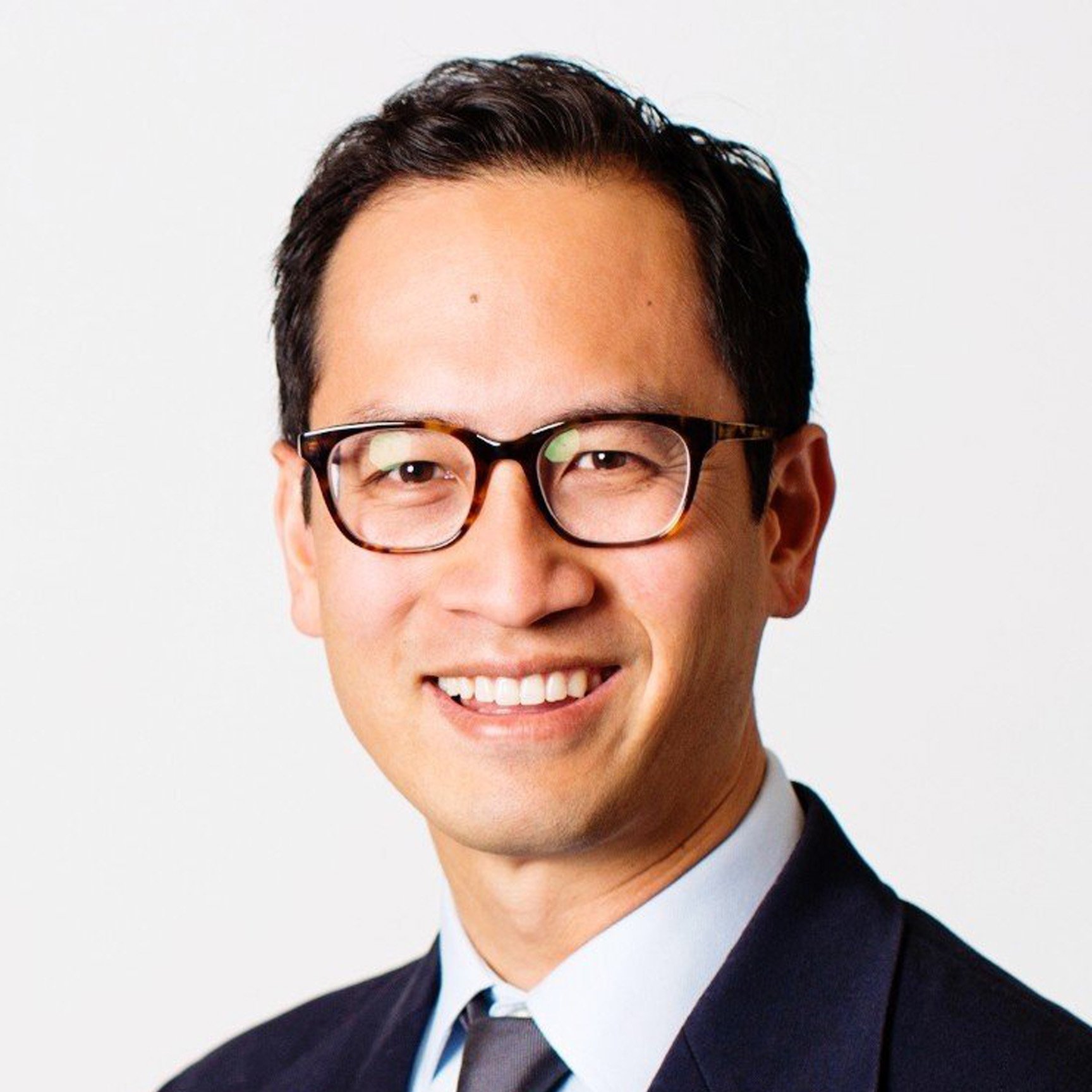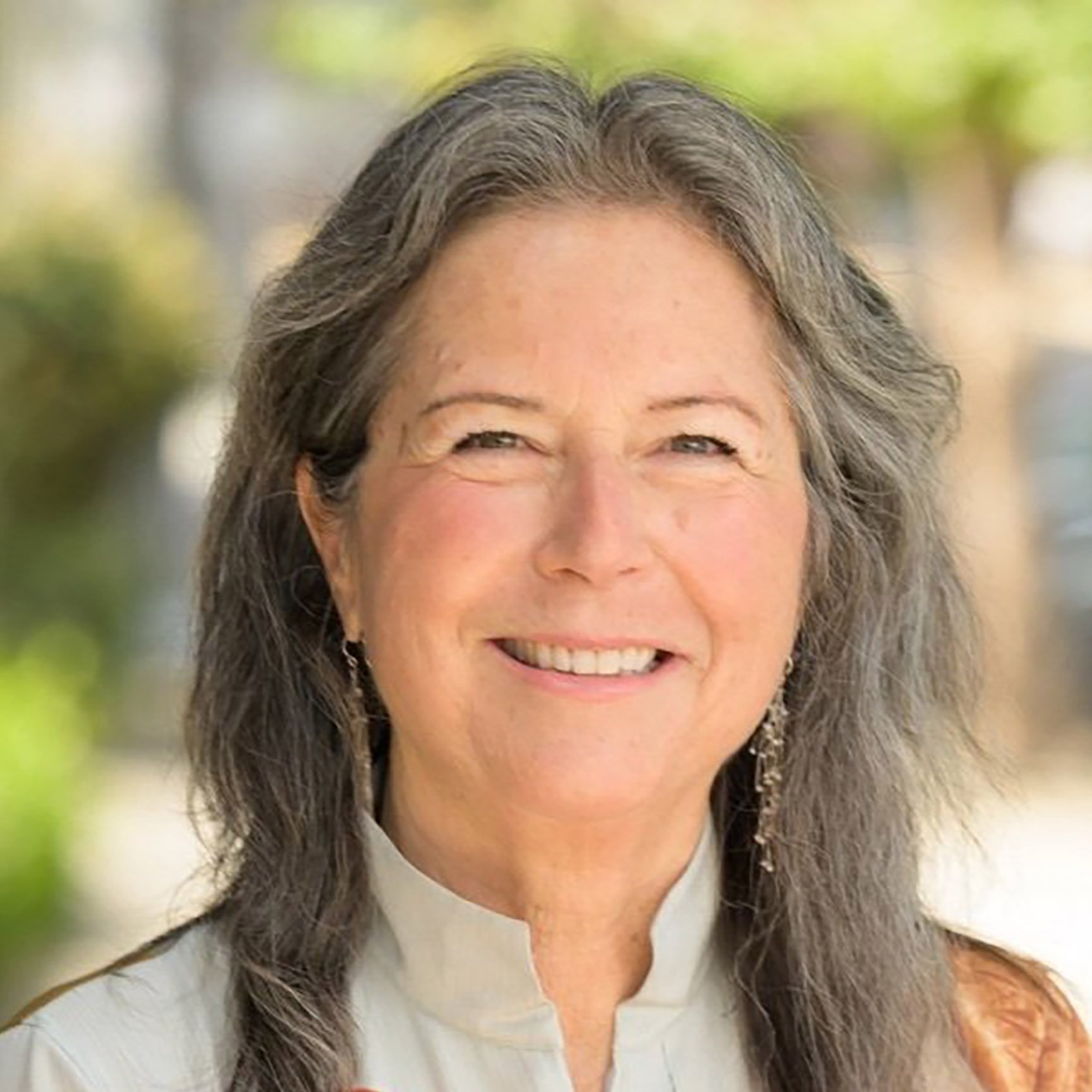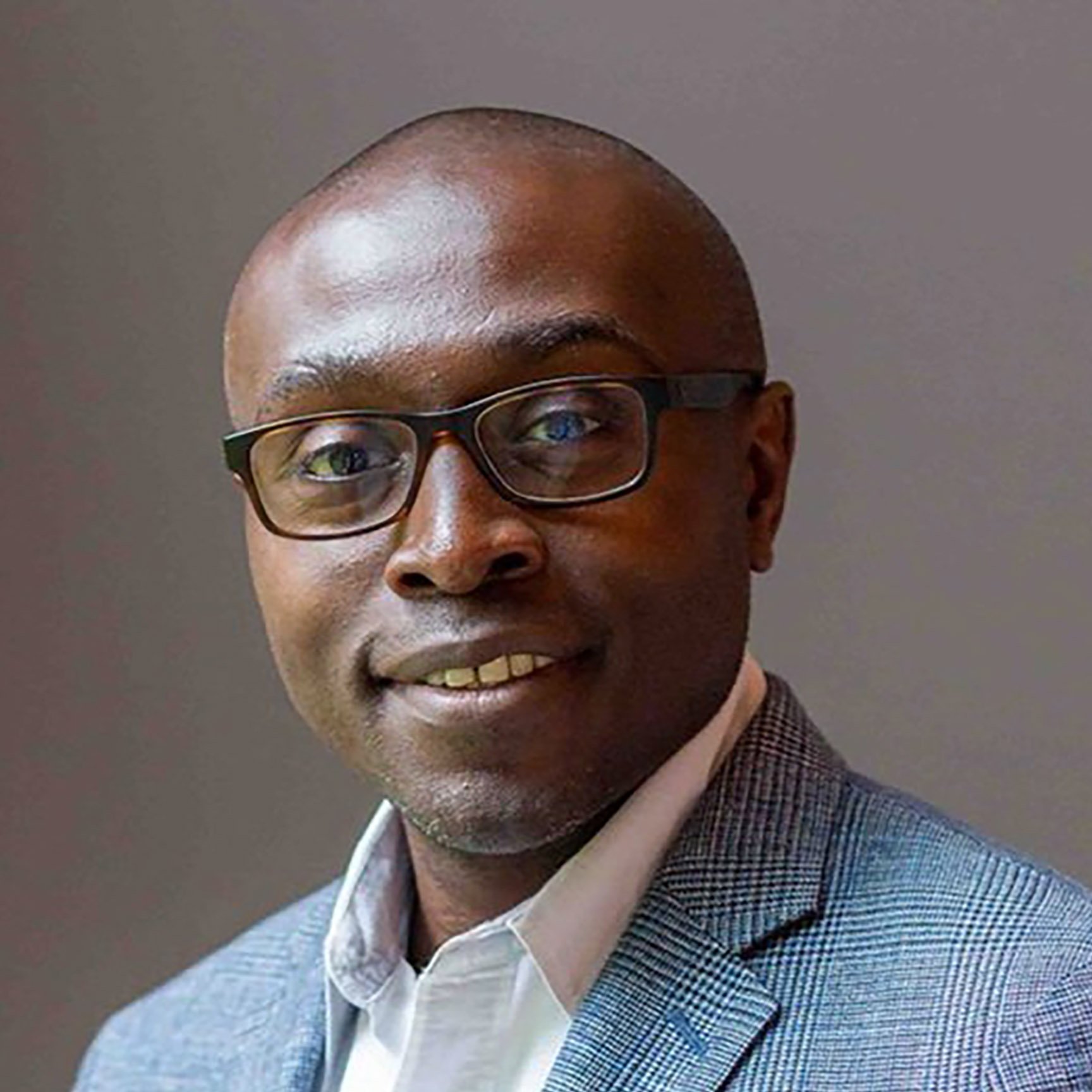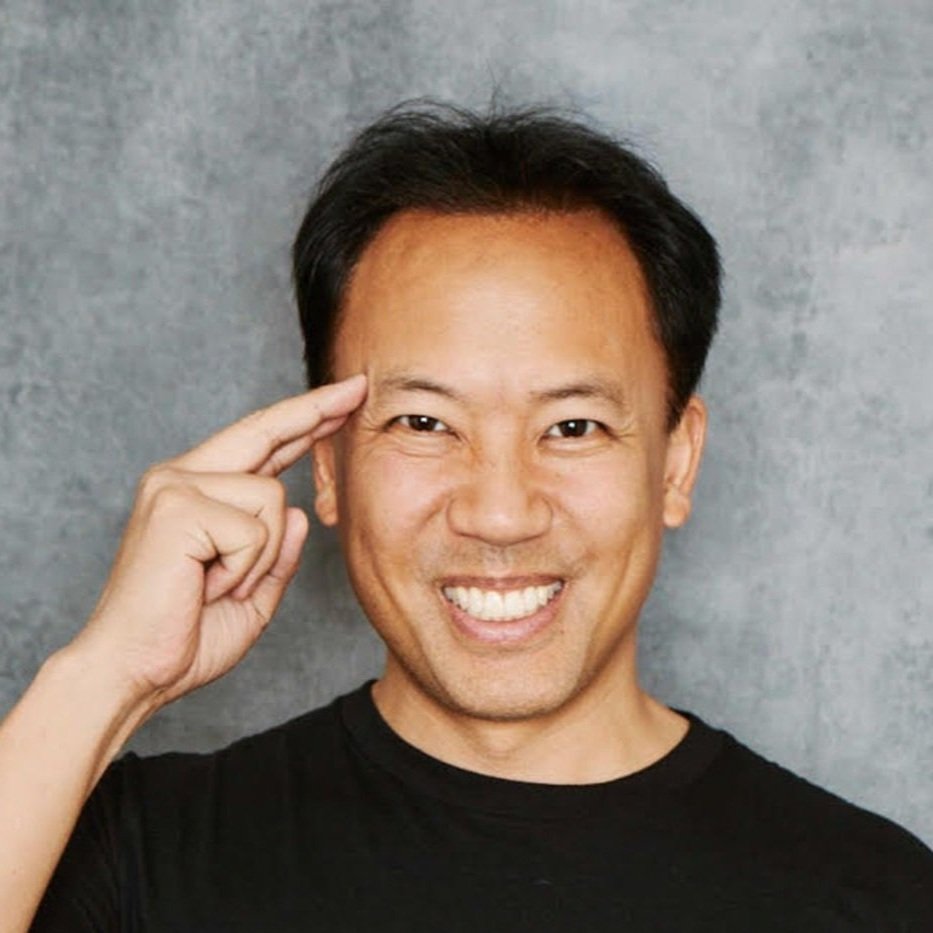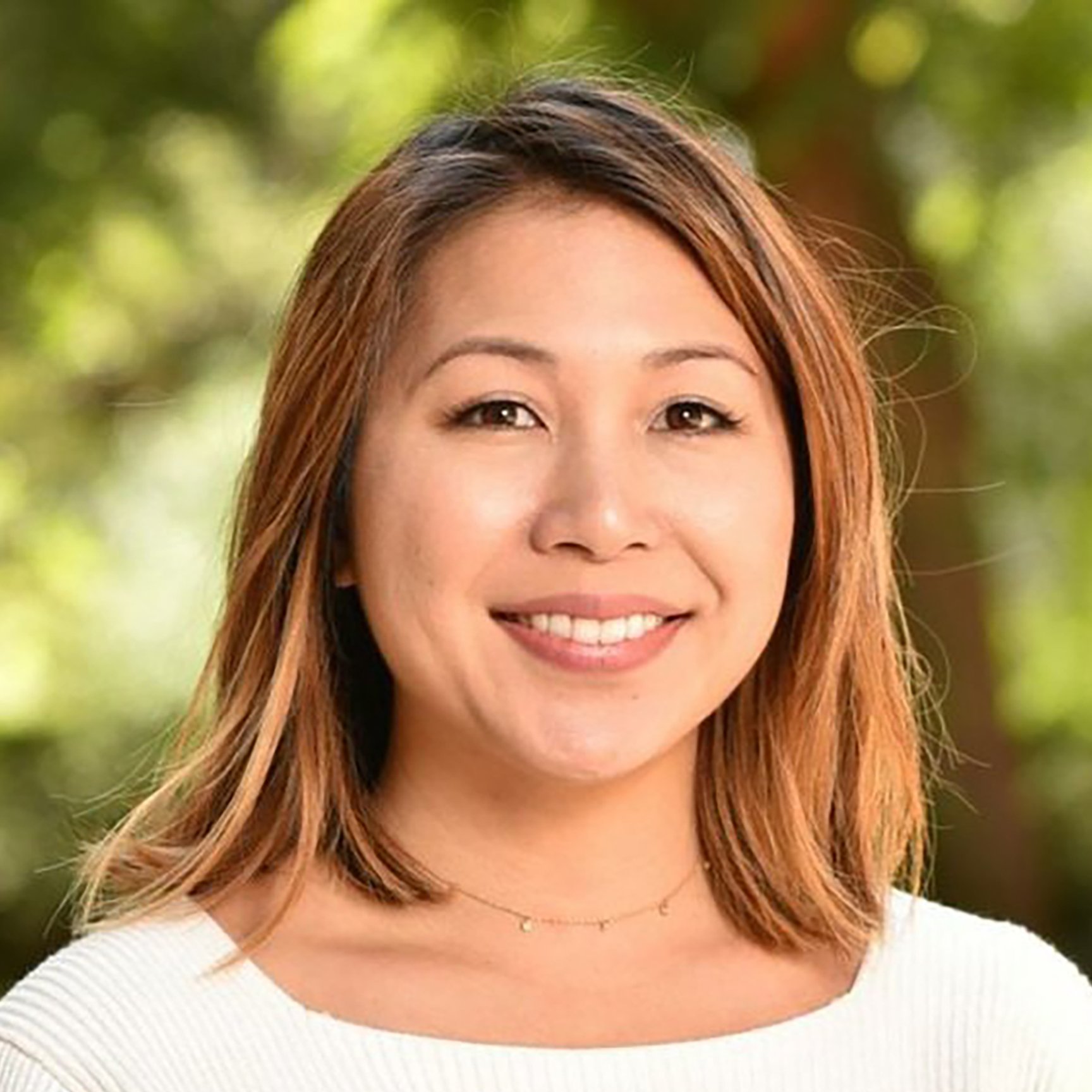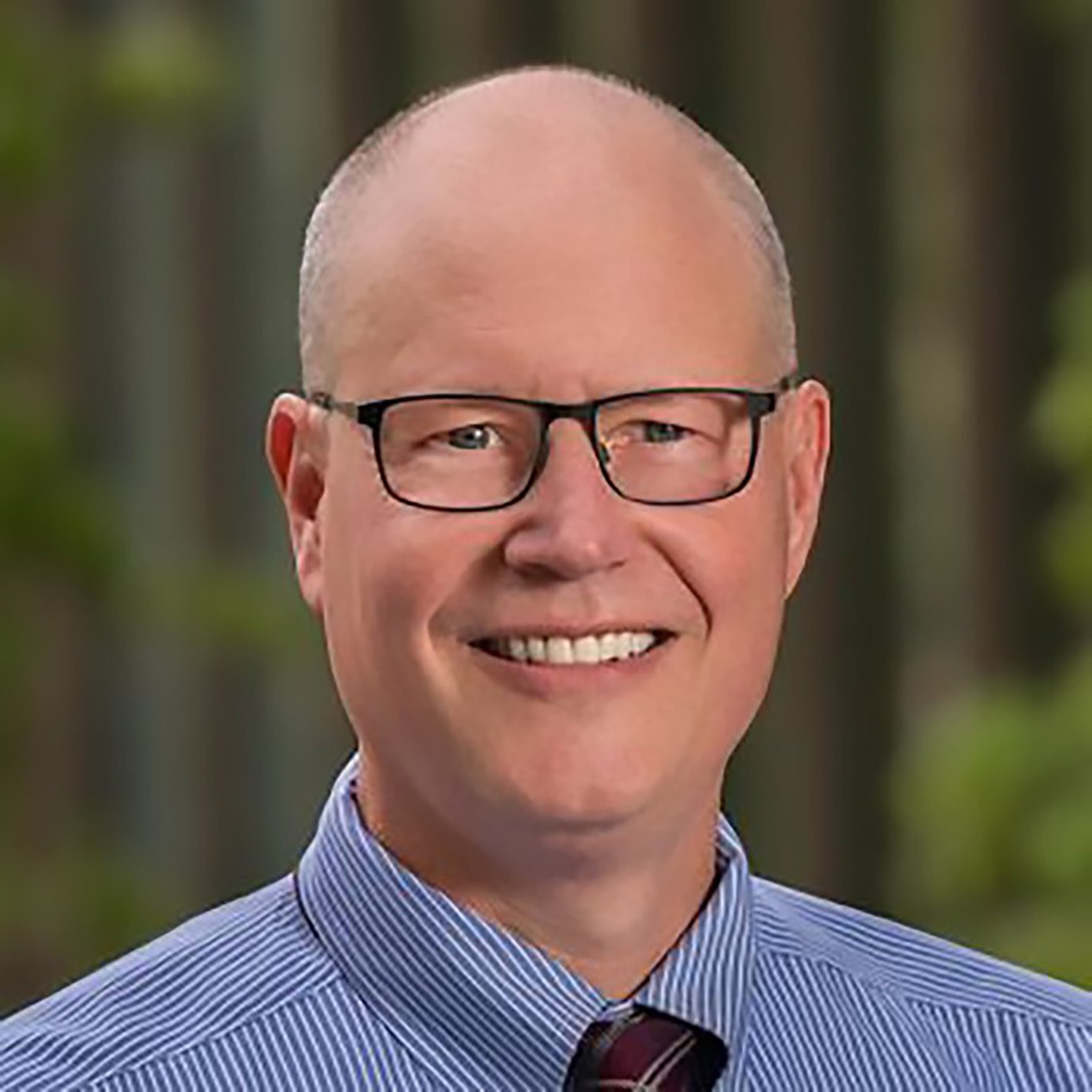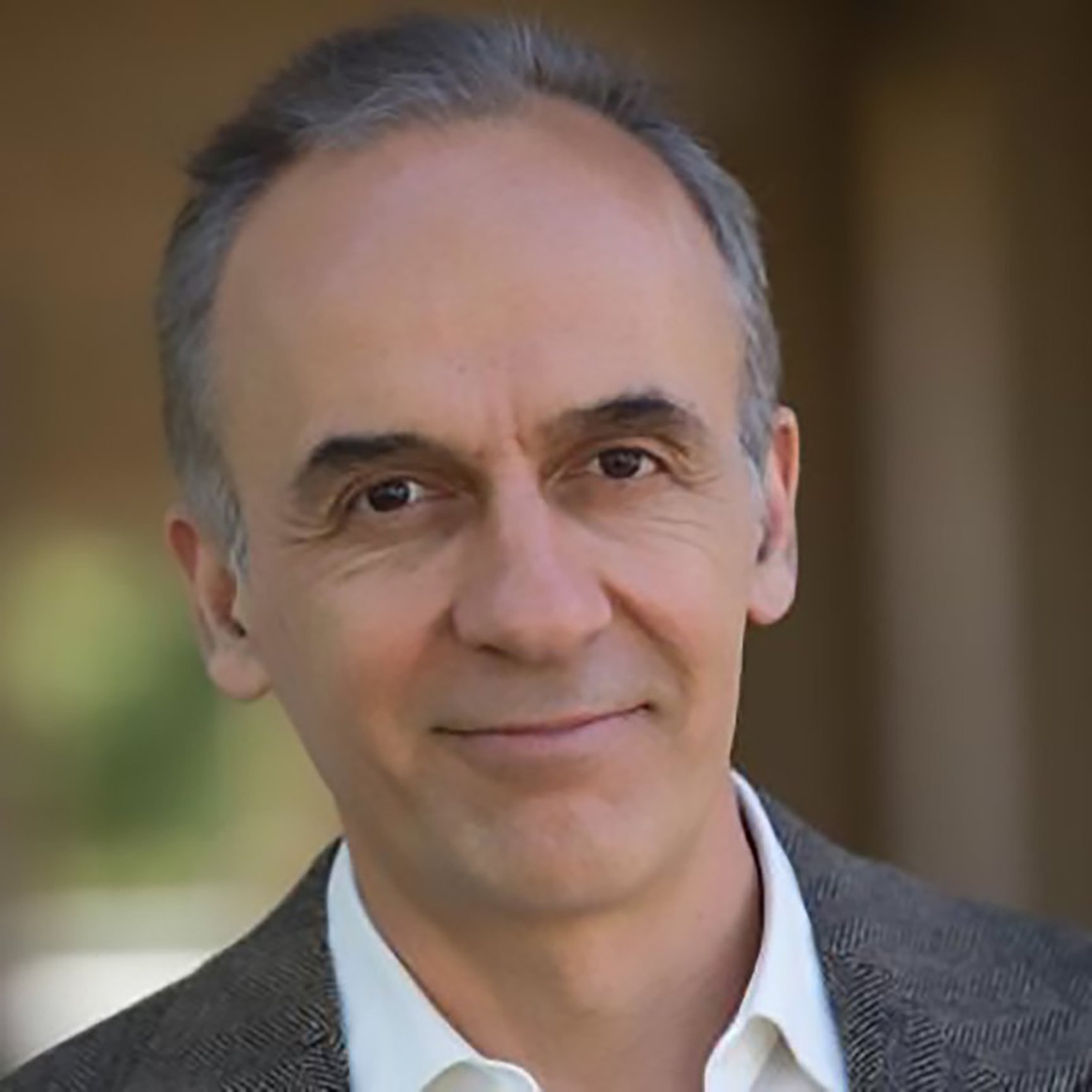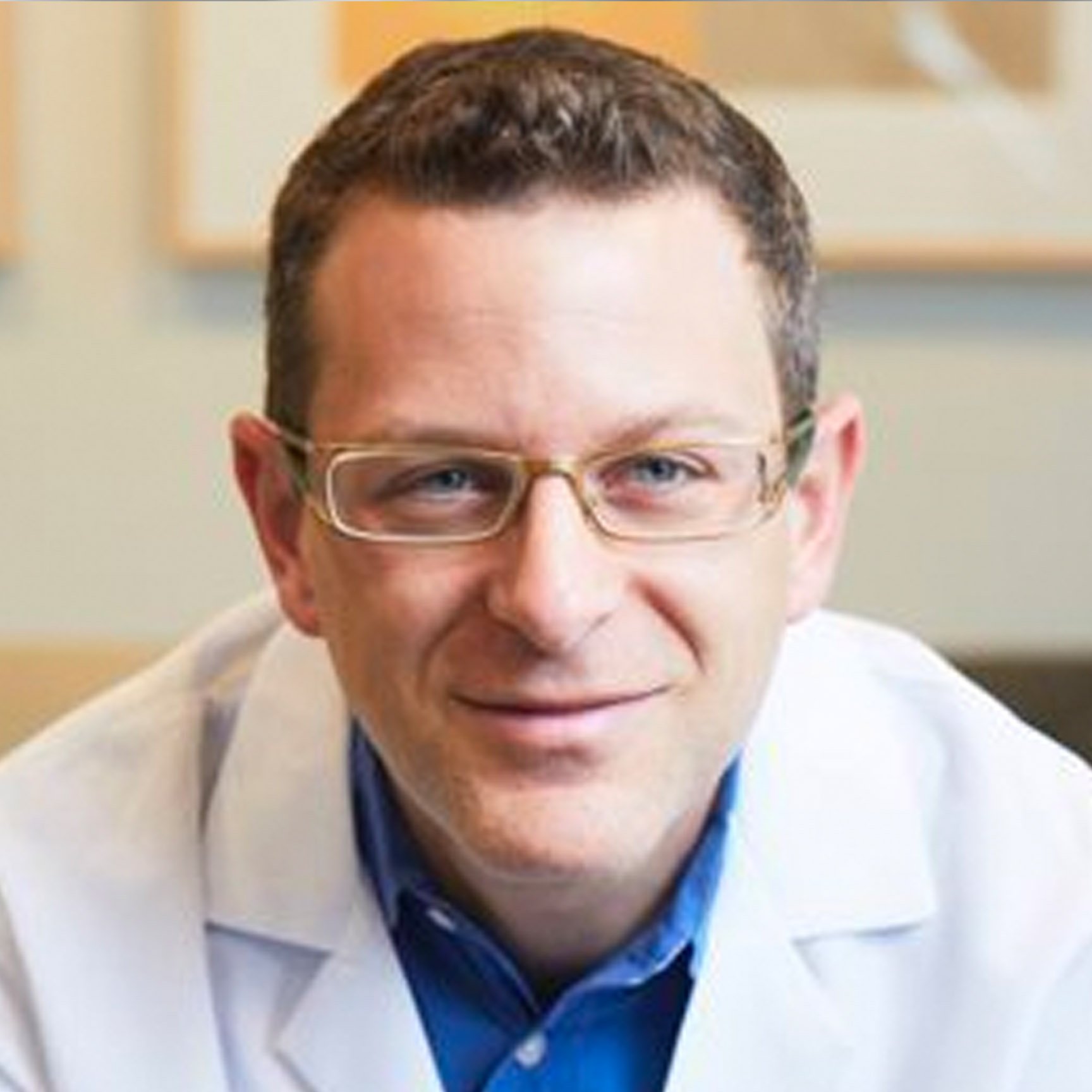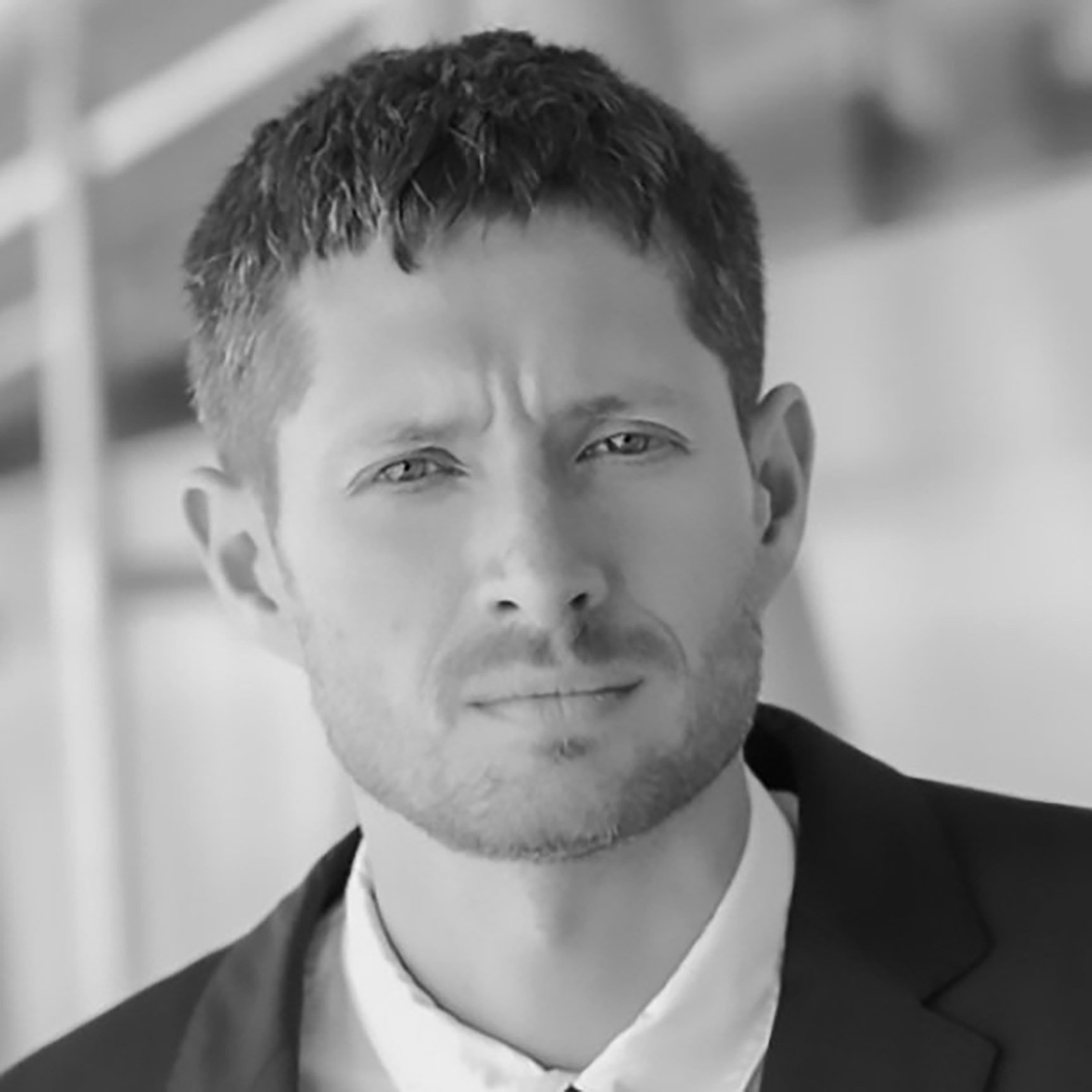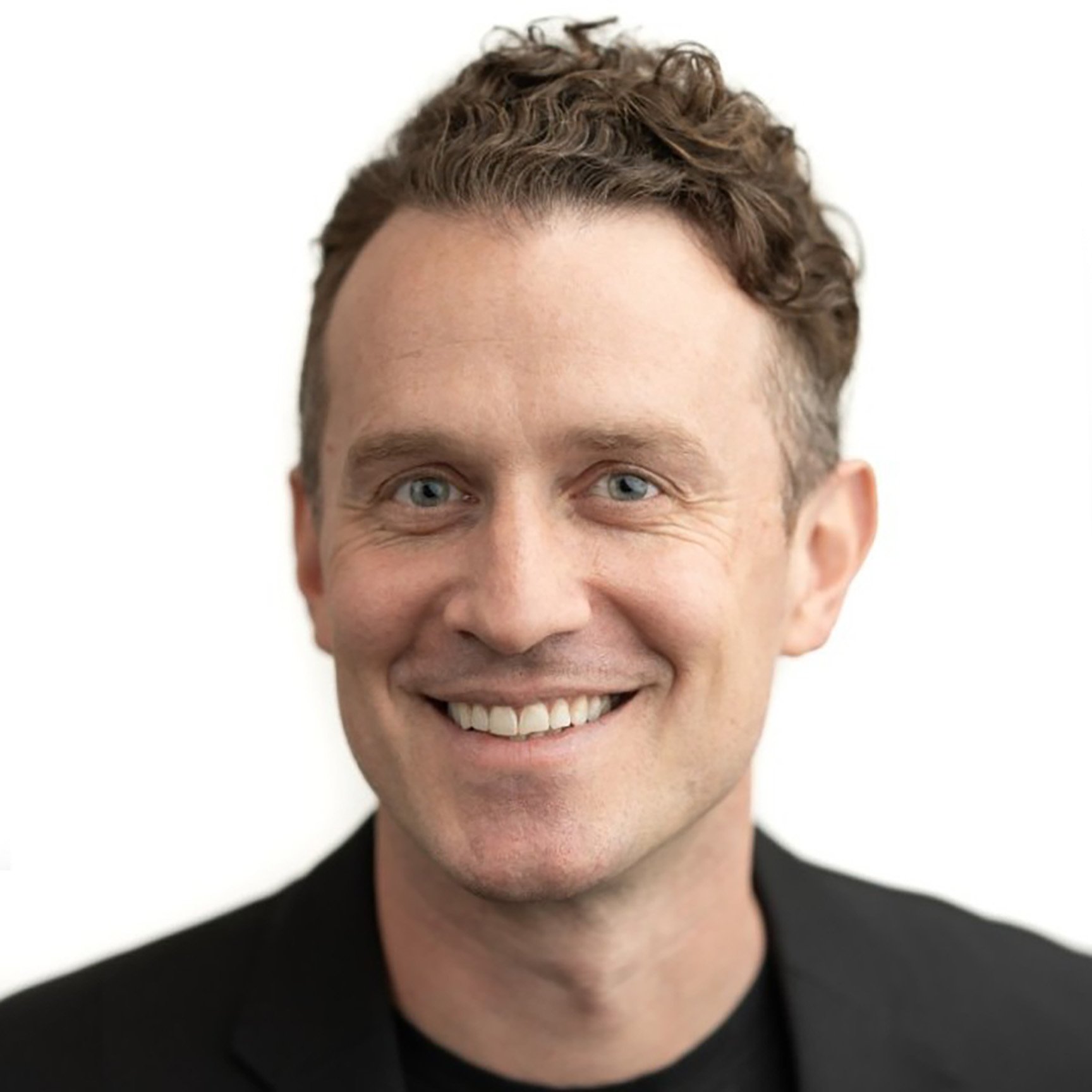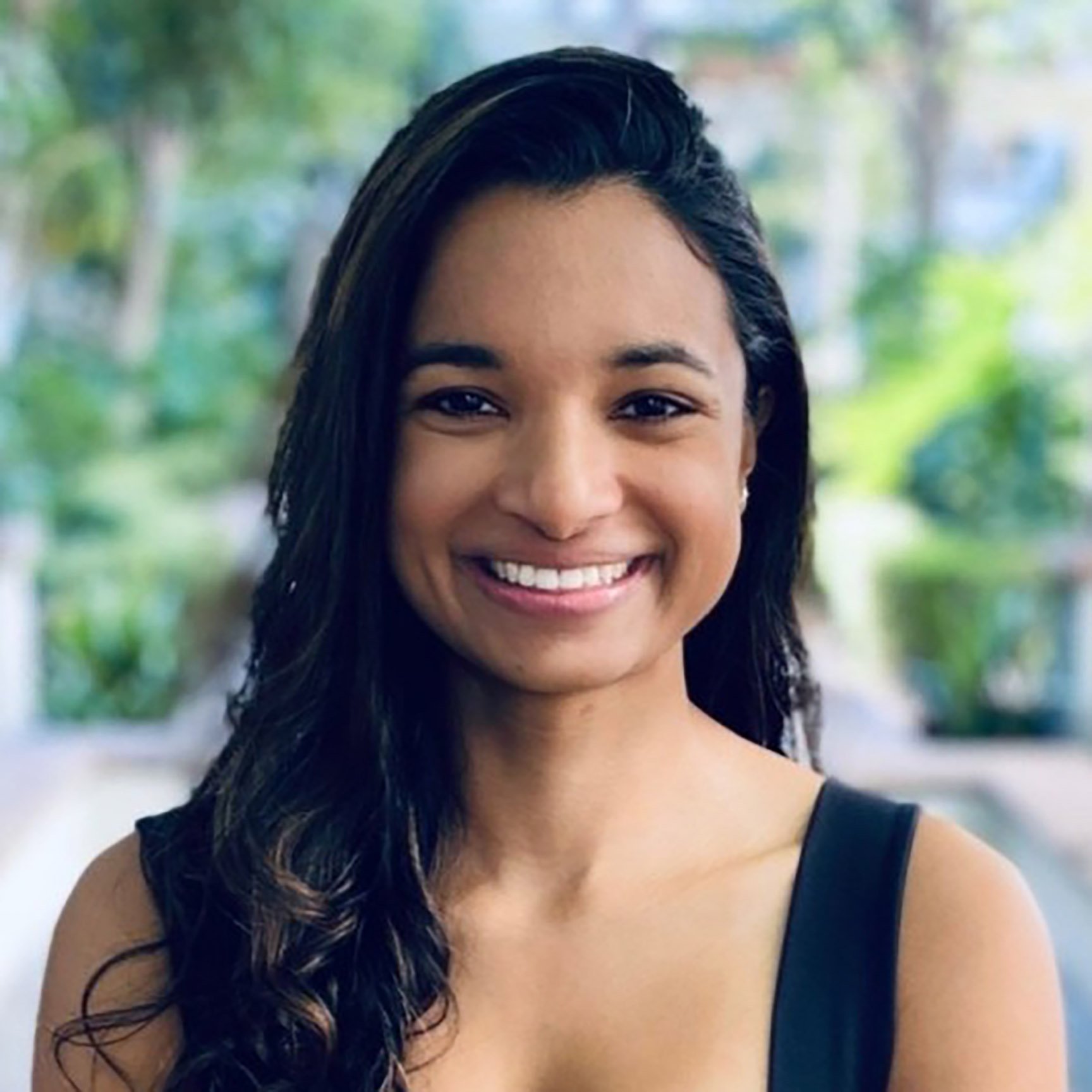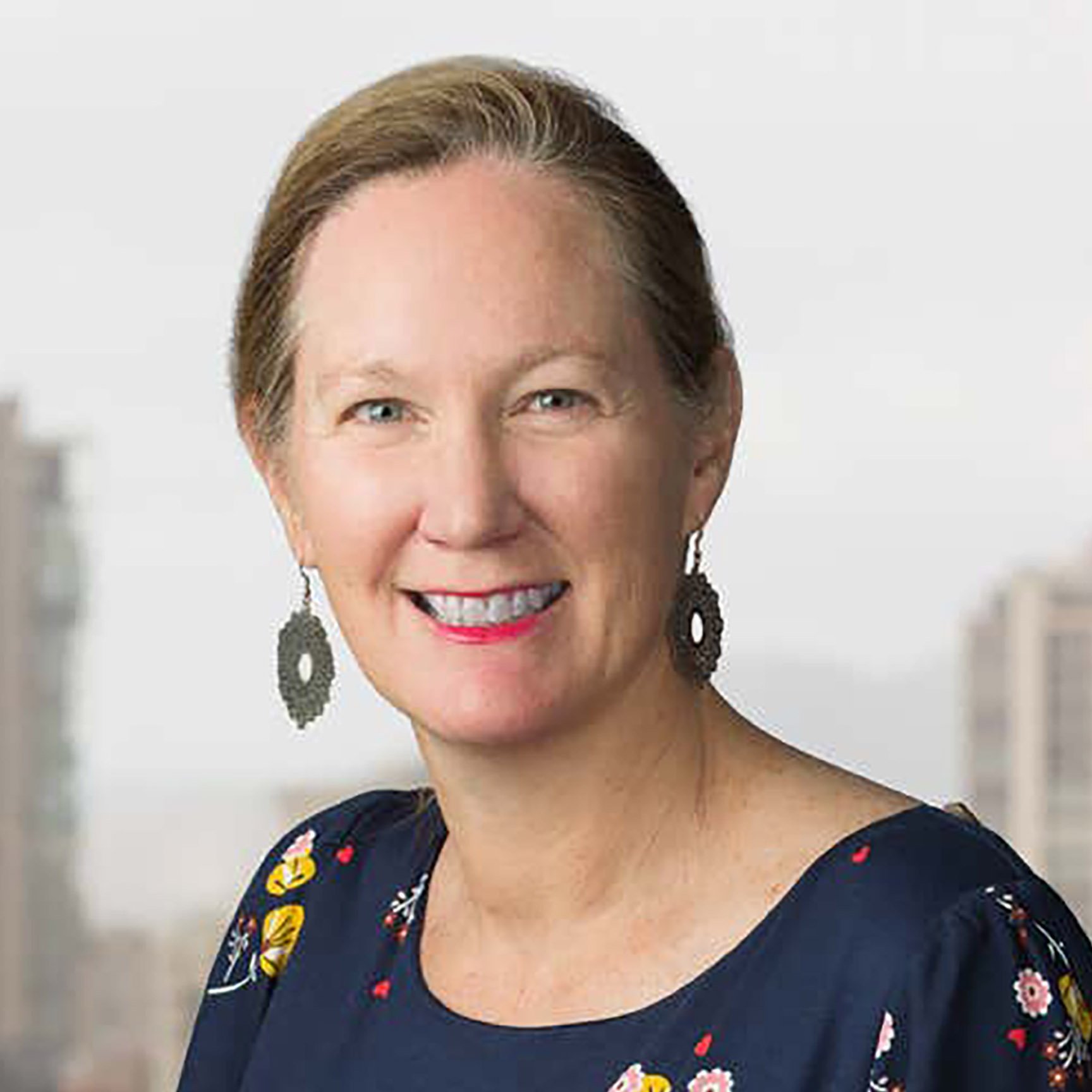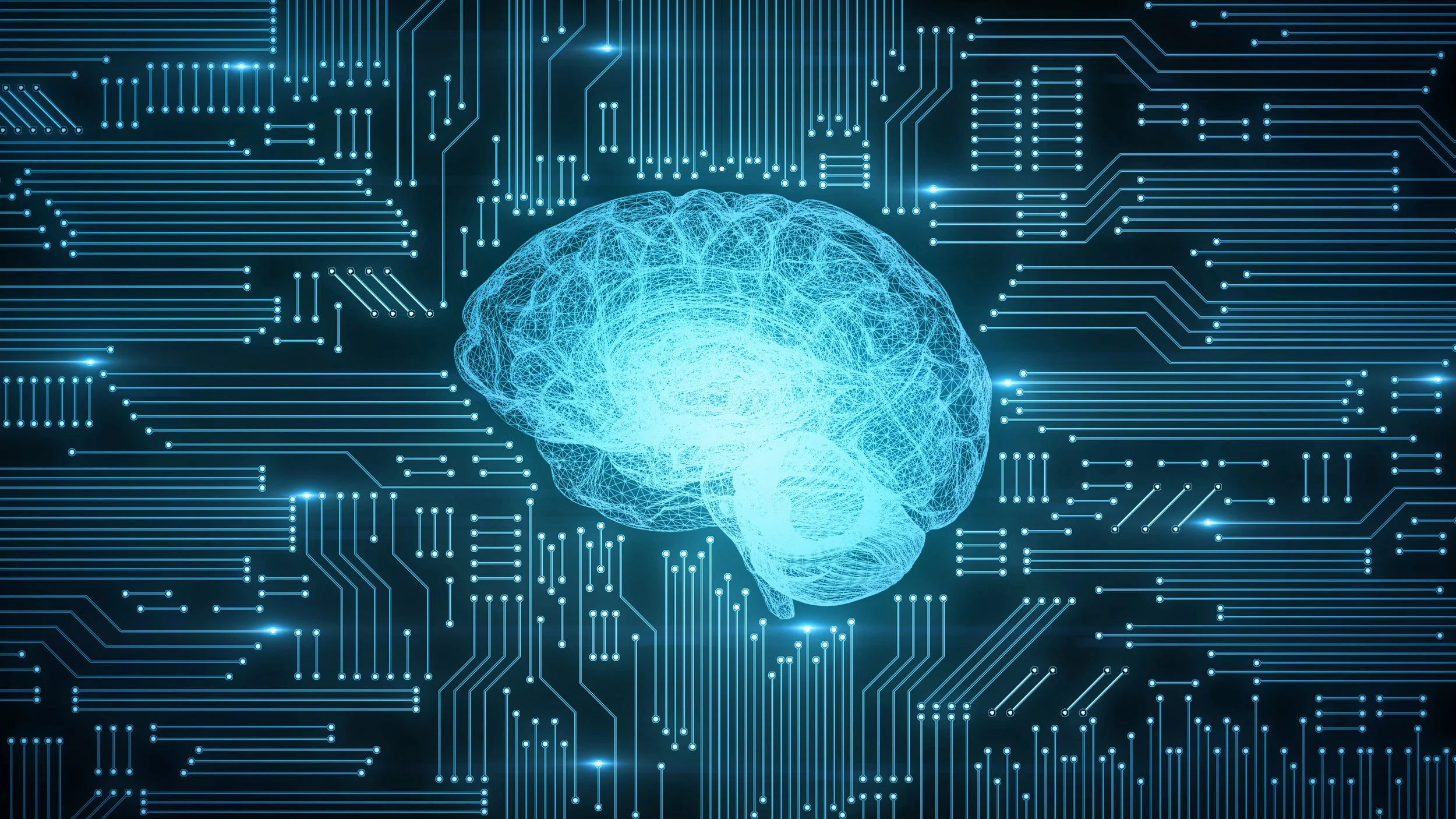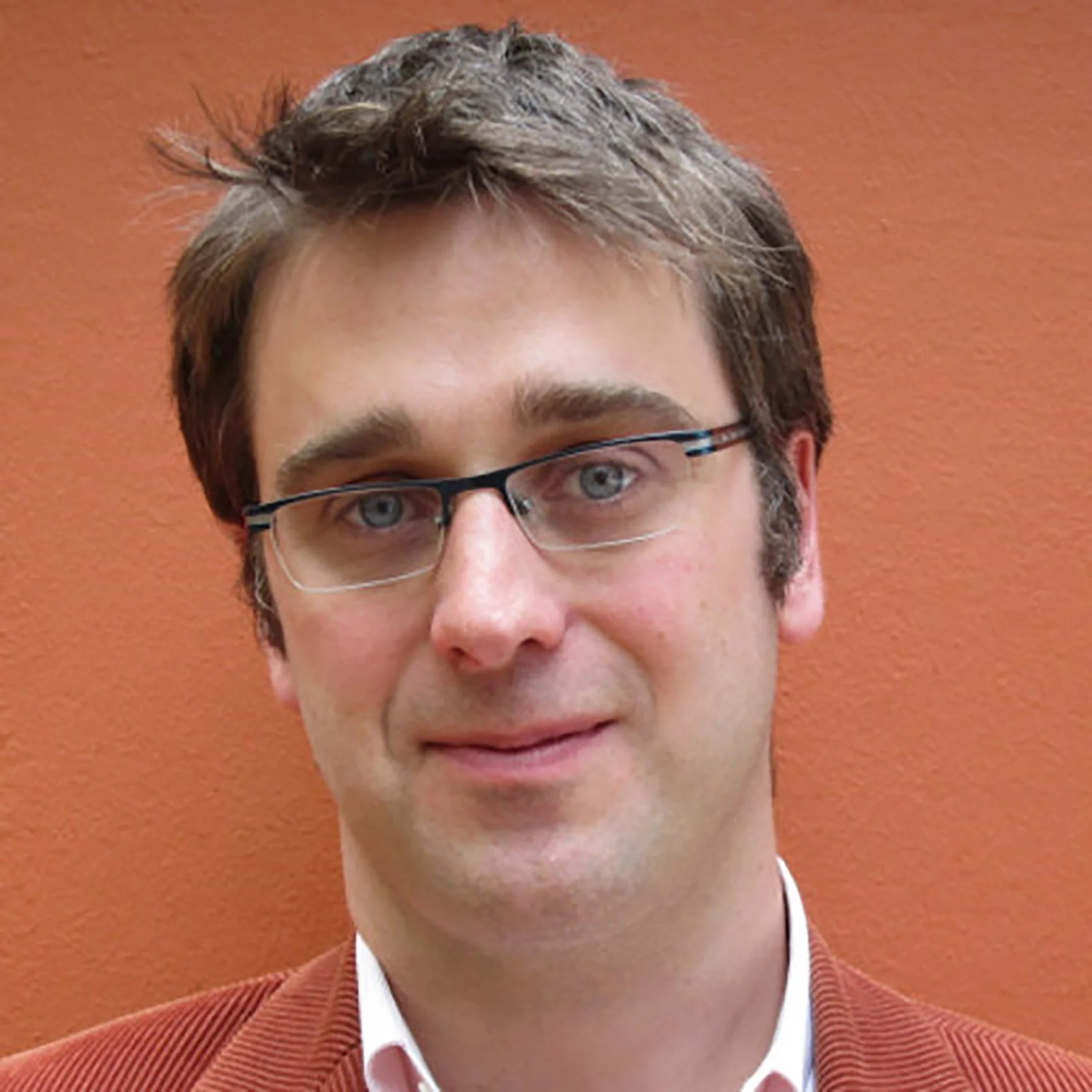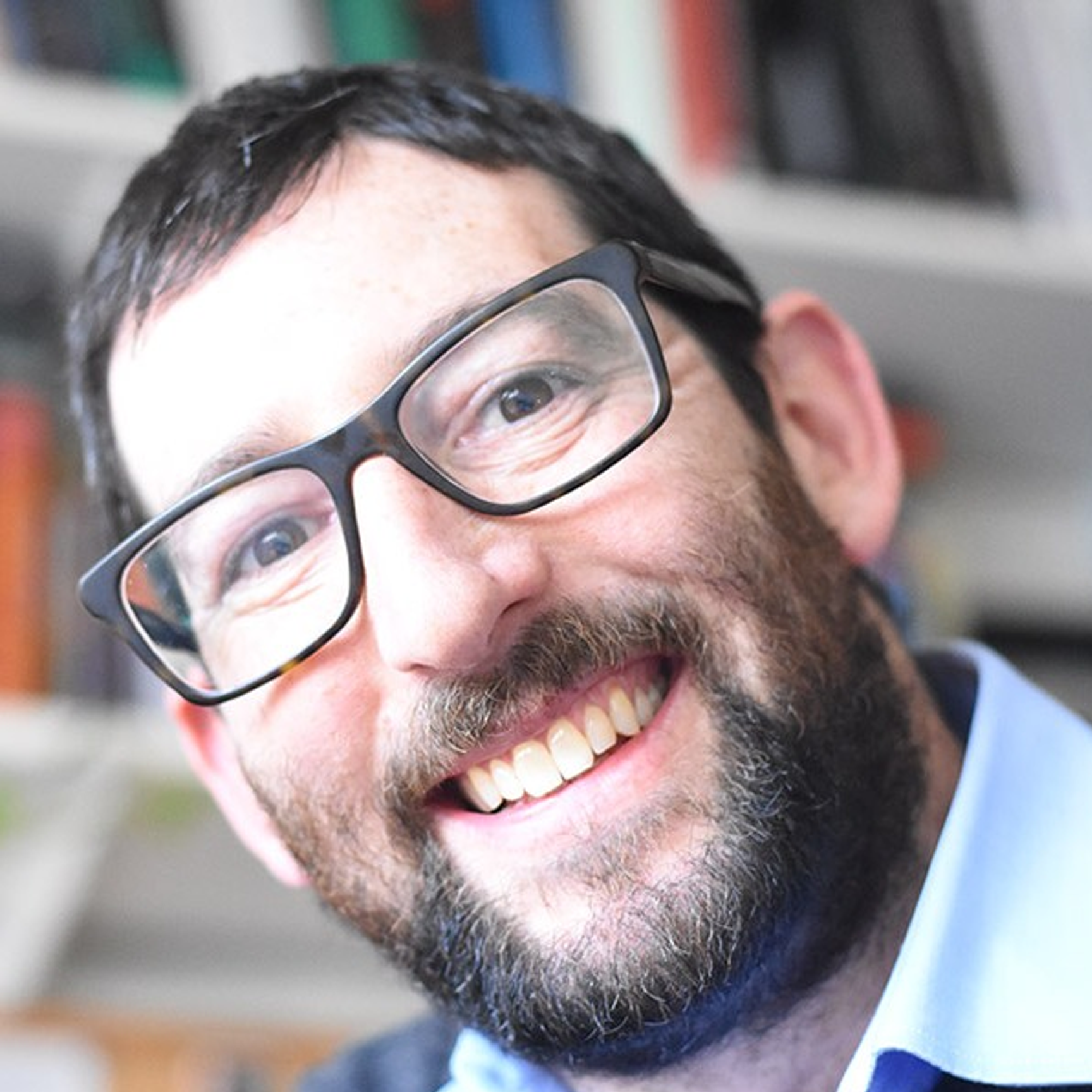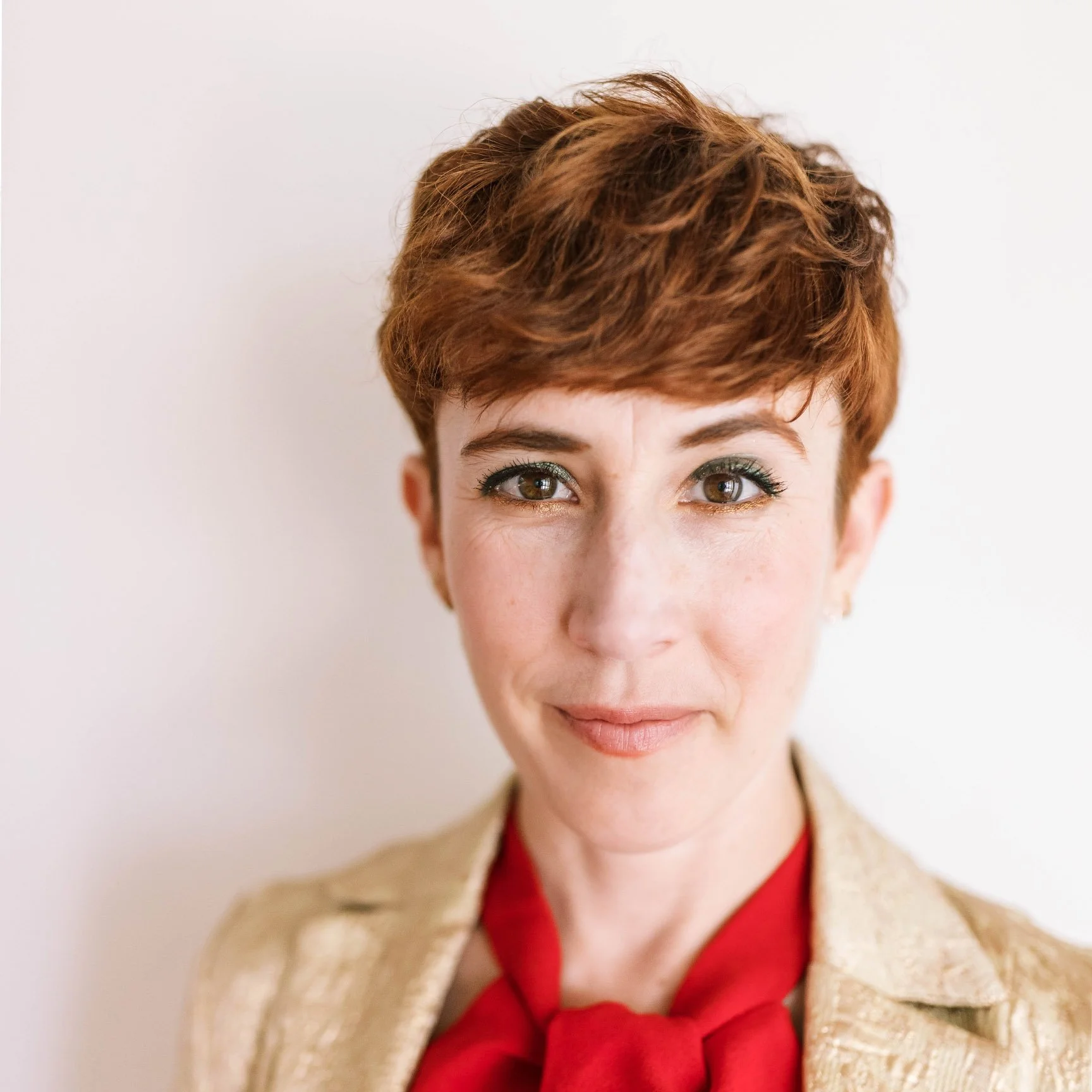
BrainMind is a best-in-class community with a shared mission to advance neuroscience innovation that will most benefit humanity.
Back in full force in 2023, the BrainMind Summit is convening the most innovative and prolific scientists, entrepreneurs, operators, investors, leaders, thinkers and philanthropists.
As with the BrainMind Summits convened at Stanford and MIT, you will be invited to explore a curated collection of cutting-edge discoveries in neuroscience, engage with the scientists behind those ideas, and advise promising early-stage companies - all with the goal of bringing brain science to the world at scale.
Summit participants have been personally selected for their brilliance, effectiveness, sincerity, and intent. Each of you has the experience, talent, and resources to have a direct impact on the science presented.
WHAT TO EXPECT
Awe-inspiring short talks from the world's top brain researchers and entrepreneurs
Opportunities to break bread with speakers in small group settings
A chance to discover and advise high-impact companies in the BrainMind space
Discussions on creating a roadmap for philanthropic ventures in brain science
Expert-led breakout discussions on topics like cognitive enhancement, longevity, human-machine symbiosis, motivation,sleep, and emerging neurotechnologies
Live neuroscience-inspired multisensory performances
A hands-on space to explore neurotechnology
Immersive art exhibitions exploring the theme of digital consciousness
HOSTS
SPEAKERS
Speakers at the BrainMind Summit are chosen for their uniquely disruptive contributions to their respective fields. All speakers are available to engage with Summit participants. Speakers delivering mainstage talks will also be hosting intimate roundtable discussions over lunch and during the afternoon program.
BrainMind Summit 2023 Speakers:
Reid Hoffman, Greylock
Future of AI, Scaling Social Impact
Elissa Epel, UCSF
Positive Stress, Well-being, Optimal aging, Climate Wellness
Michael Lim, Stanford
Brain Tumors, Trigeminal Neuralgia, Immunotherapy
Eddie Chang, UCSF
Brain Tumor, Epilepsy, Brain Computer Interfacing
Ivy Ross, Google
Incorporating Neuroscience in Design, Sustainable Innovation
Shawn Hervey-Jumper, UCSF
Neuro-Oncology, Awake Craniotomy, Intrinsic Brain Tumors
Jim Kwik, Kwik Brain Universe
Brain Optimization, Mental Performance, Power of Mind
Susan Magsamen, Johns Hopkins
Translational Models, Neuro-Aesthetics, Mind and Art
Elaine Hsiao, UCLA
Microbiome, Gut-Brain Axis, Neuroimmunology
Jaimie Henderson, Stanford
Neural Prosthetics, Stereotactic and Functional Neurosurgery
Ashley Mason, UCSF
Mental Health Biomarkers, Non-drug treatments for Depression, Insomnia
Jack Feldman, UCLA
Breathing Mechanism and Generation, Emotion, Cognition
E.J. Chichilnisky, Stanford
Artificial Retinas, Retinal Circuitry, Incurable Blindness
Lauren Asarnow, UCSF
Sleep, Adolescents, Depression, Mental Health
Richard Isaacson, IND Florida
Brain Health, Novel Alzheimer’s Treatment, Cognitive Vitality
Robin Carhart-Harris, UCSF
Psychopharmacology, Psilocybin Therapy, Mental Health Care
Nita Farahany, Duke
Ethical & Legal Implications of Neurotechnology Advancements
Thomas Oxley, Synchron
Novel Neurointerventional Techniques, Neuroprosthetics, BCIs
Adam Gazzaley, UCSF
Development of Novel Brain Assessment and Optimization Tools
Agenda
BrainMind Summit
Saturday and Sunday, October 21-22, 2023
SATURDAY, October 21st, 2023
BrainMind Summit DAY 1
8:00 AM Breakfast & Registration, Experiential NeuroLab Opens
9:00 AM Welcome and Musical Performance by Laura Inserra
9:20 AM Plenary Session
Susan Magsamen (Johns Hopkins) & Ivy Ross (Google): Your Brain on Art
Richard Isaacson, MD (Florida): Alzheimer’s, Parkinson’s and Dementia Prevention: The Future is Now
Elaine Hsiao, PhD (UCLA): Microbial Manipulation of the Mind
Qigong Session + PLAYshop announcement with William Spear
Michael McCullough, MD (BrainMind): BrainMind Today and Beyond
Break
Building a Better Brain with Jim Kwik (KwikBrain Universe)
Adam Gazzaley, PhD (UCSF): The Future of Digital Therapeutics
Jaimie Henderson, MD (Stanford): Brain-Computer Interfaces for Communication
Human Histogram with Karen Rommelfanger, PhD and Darrell Porcello, PhD
Nita Farahany, PhD, JD (Duke) & Aza Raskin (Center for Humane Technology): The Promise and peril of neurotechnology: Actually getting to the future we want
12:45 PM Lunch with Speakers
1:45 PM Entrepreneur Spotlight
Phil Strandwitz, PhD - Holobiome
Vivienne Ming, PhD - Dionysus Digital Health
Jacob Robinson, PhD - Motif Neuroscience
Nishita Deka, PhD - Sonera
Blake Gurfein, PhD - Humanity Neurotech
Susan Mac Cormac, JD - Morrison Foerster
3:00 PM Breakout Discussion Tables (Concurrent Sessions)
Workshop 1: Practical Tools for Responsible Neuroinnovation
Laura Kreiling, PhD (OECD), Karen Rommelfanger, PhD (Institute of Neuroethics), and Nita Farahany, PhD, JD (Duke)
ABC’s of Neurodegenerative Disease Prevention and the Impact of APOE4
Richard Isaacson, MD, Institute of Neurodegenerative Disease of Florida, Atria Institute and & Gayatri Devi, MD, Northwell Health & Nicholas Ashton, PhD, University of Gothenburg
Scrolling Minds: Social Media's Influence on Brain Development
Eva Telzer, PhD and Mitch Prinstein, PhD, UNC - Chapel Hill
Psychedelic Science: Current Research, Transformative Health Solutions
Josh Woolley, MD, PhD, UCSF
Precision Neuropsychiatry: A Circuit-Centric Approach
Andy Krystal, MD, UCSF
Transcending the Self: Decoding Non-dual States through Meditation and Psychedelics
Dave Vago, PhD, Harvard University
Neuroelectronic Medicine: A Glimpse into Future Neurotechnologies
John Donoghue, PhD, Brown University
Unlocking the Brain Connectome: Tools and Applications
Jun Axup, PhD, E11 Bio
Building Teen Brains: The Science of Meaningful Experiences
Mary Helen Immordino-Yang, EdD, USC
4:15 PM MIND Prize Announcement with Juan Enriquez
4:15 PM Chambers of AWE - Immersive music experience with Laura Inserra
5:00 PM Closing Remarks
5:15 PM Reception
6:00 PM Close
——————
7:00 PM Unconference-style Dinners (Guests sign up for these in the afternoon)
SUNDAY, October 22nd, 2023
BrainMind Summit DAY 2
8:00 AM Breakfast, Experiential NeuroLab Opens
9:00 AM Welcome and Musical Performance by Laura Inserra
9:20 AM Plenary Session
Jack Feldman, PhD (UCLA): Breathing Matters
Breathing Exercises with Elissa Epel, PhD
Elissa Epel, PhD (UCSF): Getting to Blue Mind for Slowing Aging
Ashley Mason, PhD (UCSF): Warming up to a New Paradigm in Mental Health Treatment
Michael Lim, MD (Stanford): Lessons Learned from Cancer
Shawn Hervey-Jumper, MD (UCSF): The Electricity of Cancer
Break
Eddie Chang, MD (UCSF): Translating Brain Waves into Words
Thomas Oxley, MD, PhD (Mt Sinai; Synchron): From Hype to Help - Clinical Translation of Implantable Brain Computer Interfaces
E.J. Chichilnisky, PhD (Stanford): Toward High-fidelity Vision Restoration with a Bi-directional Neural Interface
Lauren Asarnow, PhD (UCSF): Digital Health to Help Improve Sleep in Adolescents
Robin Carhart Harris, PhD (UCSF): How Do Psychedelics Work?
12:45 PM Lunch with Speakers
2:00 PM Music and the Mind with Indre Viskontas, MM, PhD, (USF and SFCM)
2:15 PM Guided Music Meditation with Jaron Lanier
2:30 PM Afternoon Sessions (Concurrent)
Workshop 2: Practical Tools for Responsible Neuroinnovation
Laura Kreiling, PhD (OECD), Karen Rommelfanger, PhD (Institute of Neuroethics)
Investing in Neurotechnology
Amy Kruse, PhD, Satori Ventures
Developing rapid acting strategies for treating psychiatric emergencies
Nolan Williams, MD, Stanford
NeuroTech Ventures: Maximizing Potential and Minimizing Risks
Radhika Gupta, MBA, CFA, and Adam Sefler, CFA, CPA, NTX Services
New Structures for Impactful Companies
Susan Mac Cormac, JD, Morrison Foerster
Mining the Microbiome to Improve Brain Health
Phil Strandwitz, PhD, Holobiome
Beyond Action Potentials: Intricacies of Nervous System Energy Delivery
Blake Gurfein, PhD, Humanity Neurotech
Advancing Neuroscience: Next-Generation Brain Imaging Tools
Nishita Deka, PhD, Sonera
Minimally Invasive Devices for Advancing Mental Health
Jacob Robinson, PhD, Motif Neurotech
Transforming Women's Reproductive Mental Health: Insights from AI and Epigenetics
Vivienne Ming, PhD, Dionysus Digital Health
4:00 PM Fireside Chat with Reid Hoffman
5:00 PM Closing Reception
6:00 PM Close
——————

SUMMIT GOALS
The Summit is built around the following principles of BrainMind:
Build a collaborative roadmap for effective forward progress in the science of the brain and mind with top scientists and leaders in the field.
Within this wider roadmap, surface and focus special attention on the areas and ideas in most need of coordinated support.
Leverage new forms of capital and infuse leaders in the entrepreneurial, investing, and philanthropic communities to support these pivotal ideas from the lab to society.
BrainMind Summit participants will also be brought to the tip of the spear on topics such as the neural basis of consciousness, the brain in love, improved circuits of learning, aging with vibrancy, childhood brain development, brain-mind interfaces, psychedelics, artful applications of AI in clinical brain health, new breakthroughs in depression and PTSD, preventing Alzheimer’s, wearable neurotechnology, and some special surprises.
PARTICIPANTS
BrainMind Summits are invite-only, with space limited at UCSF Mission Bay to under 250 attendees. All participants are members of the BrainMind ecosystem and are carefully selected for potential contribution, influence, and intent.
ENTREPRENEUR SPOTLIGHT
Featured entrepreneurs will present groundbreaking ideas and pose impact-related questions to participants. Spotlight entrepreneurs will also host breakout discussion tables. Our Experiential Neurolab will also feature live demos from neurotech entrepreneurs in the BrainMind Ecosystem.
Vivienne Ming, Dionysus Health
AI, Epigenetics, Women’s Reproductive Health
Blake Gurfein, Humanity Neurotech
Neurostimulation, Medical Devices, Neuroinflammation
Nishita Deka, Sonera
Brain Imaging, Wearable Neurotech, Machine Learning
Philip Strandwitz, Holobiome
Gut-Brain Axis, Microbiome, Mental Health
Jacob Robinson, Motif Neuroscience
Novel Neuromodulation Techniques, Accessible Mental Health Care
Susan MacCormac, Morrison Foerster
Sustainable Innovation, Impact Investing, Social Enterprise
BREAKOUT DISCUSSION MODULES
Special breakout discussions allow attendees to go deeper on specific topics. Roundtables with 8-12 participants convene around preselected BrainMind topics with brilliant subject matter experts who are leaders in their respective fields. The breakouts are designed to encourage conversation and collaboration with presenters and other great minds.
Breakout discussion topics this year’s Summit include:
DISCUSSION LEADERS
Workshop: Practical Tools for Responsible Innovation in Neurotechnology
Laura Kreiling, Ph.D. (OECD)
Karen Rommelfanger Ph.D. (Institute of Neuroethics)
Nita Farahany, J.D., Ph.D. (Duke)
Alzheimer’s Prevention Panel: ABC’s of Neurodegenerative Disease Prevention and the Impact of APOE4
Richard Isaacson, M.D. (Institute of Neurodegenerative Disease of Florida, Atria Institute)
Gayatri Devi, M.D. (Northwell Health)
Nicholas Ashton, Ph.D. (University of Gothenburg)
Neuroelectronic Medicine: A Glimpse into Future Neurotechnologies
John Donoghue, Ph.D. (Brown)
Precision Neuropsychiatry: A Circuit-Centric Approach
Andy Krystal, Ph.D. (UCSF)
Scrolling Minds: Social Media's Influence on Brain Development
Eva Telzer, Ph.D. (UNC Chapel Hill)
Mitch Prinstein, Ph.D. (UNC, American Psychological Association)
Psychedelic Science: Current Research, Transformative Health Solutions
Josh Woolley, M.D. (UCSF)
Unlocking the Brain Connectome: Tools and Applications
Jun Axup, Ph.D (E11 Bio)
Transcending the Self: Decoding Non-dual States through Meditation and Psychedelics
Dave Vago, Ph.D. (Vanderbilt, Harvard)
Investing in Neurotechnology
Amy Kruse, Ph.D. (Satori Capital)
Building Teen Brains: The Science of Meaningful Experiences
Mary Helen Immordino-Yang, Ph.D. (USC)
Rapid Acting Neuromodulation for Psychiatric Emergencies
Nolan Williams, M.D. (Stanford)
NeuroTech Ventures: Maximizing Potential and Minimizing Risks
Radhika Gupta, MBA, CFA (NTX Services)
Adam Sefler, CPA, CFA, CAIA, PRM (NTX Services)
Note: All Spotlight Entrepreneurs will also lead Breakout Discussion Tables on Sunday:
Impact Compass for Companies
Susan MacCormac, J.D., Morrison Foerster
Mining the Microbiome to Improve Brain Health
Phil Strandwitz, Ph.D., Holobiome
Beyond Action Potentials: Intricacies of Nervous System Energy Delivery
Blake Gurfein, Ph.D., Humanity Neurotech
Advancing Neuroscience: Next-Generation Brain Imaging Tools
Nishita Deka, Ph.D., Sonera
Minimally Invasive Devices for Advancing Mental Health
Jacob Robinson, Ph.D., Motif Neurotech
Transforming Women's Reproductive Mental Health: Insights from AI and Epigenetics
Vivienne Ming, Ph.D., Dionysus Health
MULTISENSORY EXPERIENCES
MUSICAL EXPERIENCES
Musical Curator: Laura Inserra ~ Sound Alchemist / Founder of Chambers of AWE
Beyond the realm of the auditory, Laura Inserra stands as our musical savant and curator this year, sculpting soundscapes that echo the global narrative, age-old wisdom, and tomorrow’s technological vanguard. Imagine Beethoven meeting an AI—mixing worldly music with tech magic.
Laura is the founder of Chambers of AWE, an innovative multimedia production company that fills planetariums with 360º audio field recordings and imagery from powerful sacred spaces in the world, and combines that with CGI and AI generated content. These productions deepen our relationship with the natural world and help people reconnect to the wisdom and power of what it means to be human - as we transition into a world embedded with augmented and artificial intelligence.’
PLAYSHOPS
PLAYshop methodology provides tool for adults and children to externalize and self-regulate emotions in a safe and supportive way and ultimately, develop embodied resilience and social-emotional intelligence.
Jonah Spear (left) and William Spear (right), PLAYshop Facilitators, SecondResponse.org
Get out of your mind and into your body with the heart-howling, soma-shaking and totally terrific experience of a PLAYshop with facilitators William and Jonah Spear. Taught to 6,000 caregivers and shared with over 400,000 children worldwide after earthquakes, tsunamis and cyclones in a dozen countries, PLAYshops are safe, short, non-verbal, interactive departures from “thought” that allow participants to effortlessly release tension, stress and traumatic experiences held in the body. PLAYshops will be facilitated in the afternoon on Saturday October 21st and Sunday October 22nd.
(Note: you must be older than 4 to participate.)
EXPERIENTIAL NEUROLAB
The Summit will include a hands-on Experiential NeuroLab with exciting inventions, technology demonstrations, and artistic exhibits. Past experiences include mind-controlled visual media, AR and VR-based technologies, real human brains, 10-100x expanded brain segments, neuroscience-driven perceptual illusions, immersive education experiences, and more. The NeuroLab will also include immersive art exhibitions exploring the theme of “digital consciousness.”
Expansion Microscopy Image Credit: Gao et al./ Science 2019
ART EXHIBITIONS
Christpher Schardt is a sculptor, musician, computer programmer, and engineer. Now widely known for his LED sculptures, he is also the author of LED Lab, an iPhone/iPad app used by thousands of LED artists worldwide.
At BrainMind, Schardt is collaborating with neurotech founder Ana Maiques, CEO of Neuroelectrics, to bring art enlivened directly from the data stream of the mind.
BRAIN-HEALTHY CUISINE
New research indicates that diet plays a significant role in brain function, impacting everything from memory to risk for brain diseases. We put these exciting findings into practice at our Summits. You won’t find junky conference fare at our event. Meals and snacks served at the Summit feature foods and ingredients with published findings for brain health benefit. Learn more about our approach here.
DETAILS
Dates: Saturday October 21 through Sunday October 22, with a Special added day on Mind-Training on October 20th
Location: This is a private gathering. Further detail is shared with registered participants. Visit the application page here.
SPONSORS
We would like to thank the following supporters of BrainMind:



